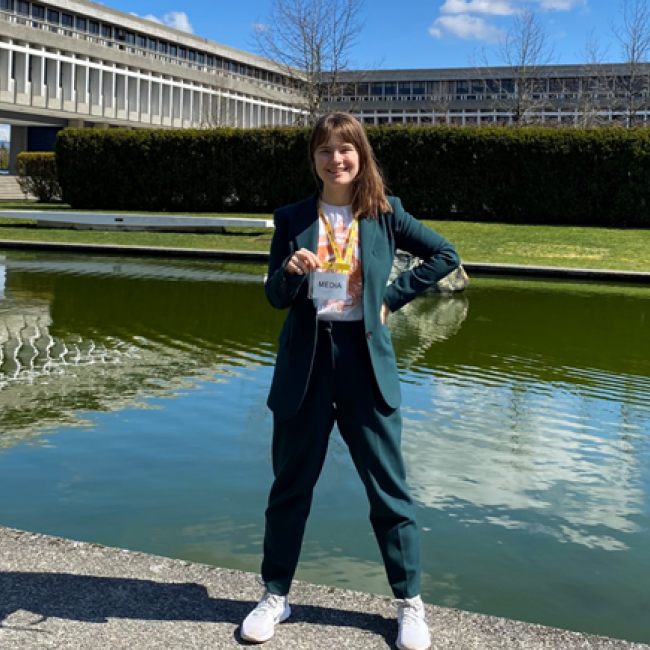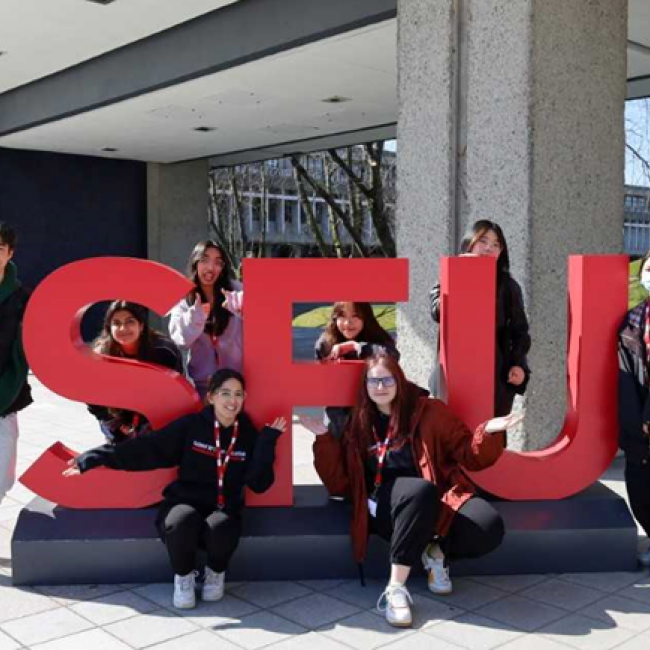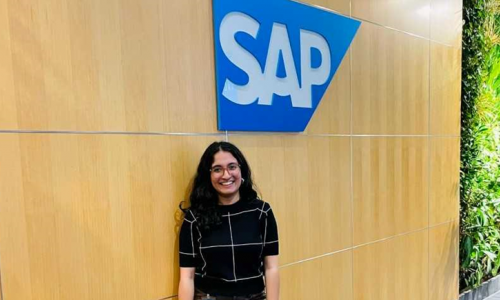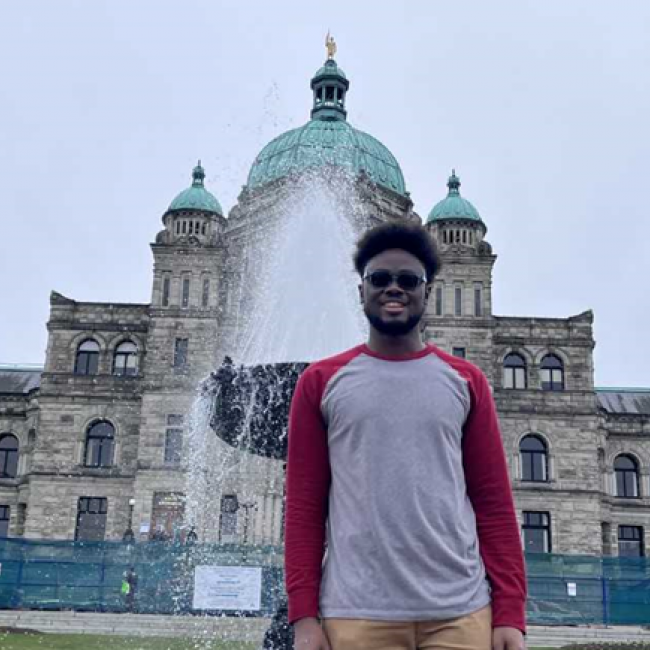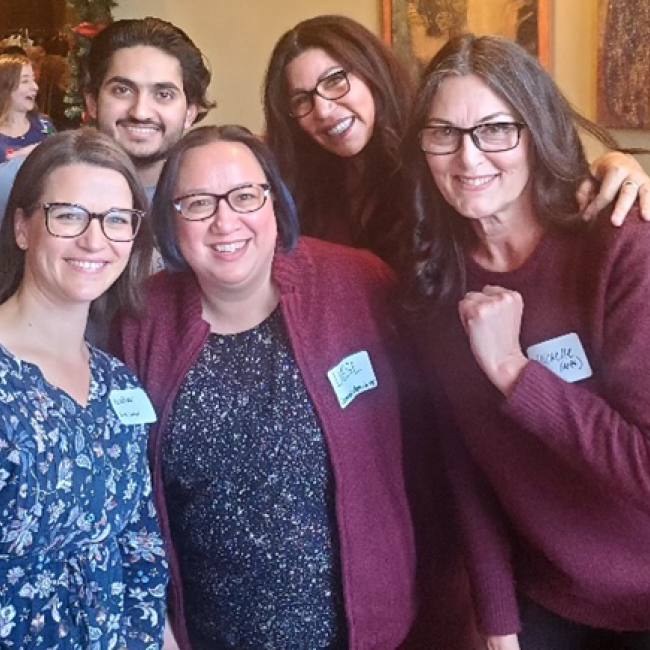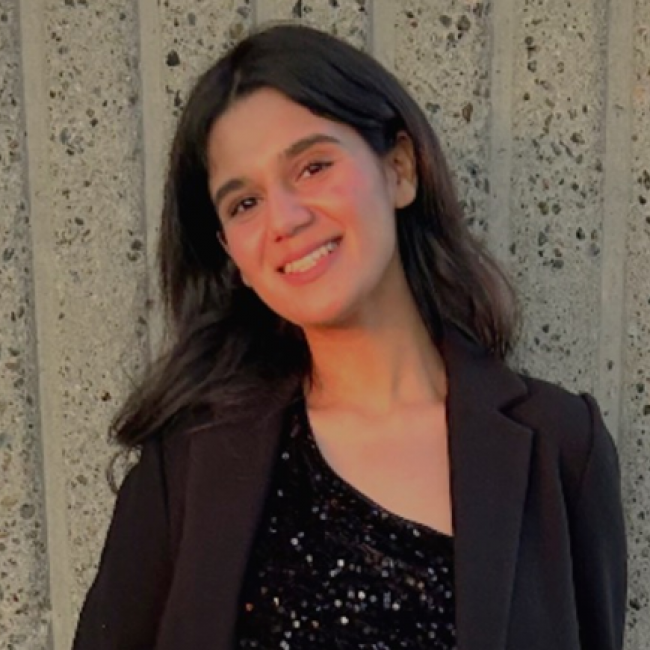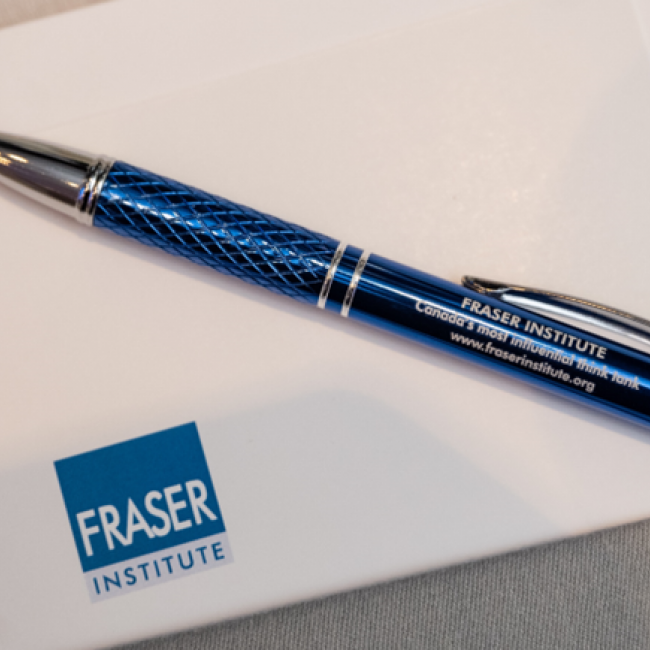
I am studying Political Science and Social Data Analytics. I have completed my Political Science Undergraduate and I have one semester left of my Social Data Analytics Degree.
My first co-op work term was a Constituency Assistant position.
My second co-op term was as Jr Officer with the a government organization.
My third and final co-op term was Policy Intern with Environment and Climate Change Canada's Carbon Markets Bureau's Engagement and Assessment Team.
My skills have definitely been improved in my most recent term. I did independent research on a topic assigned to me. I had to gain a thorough understanding of the topic/issue area, find new research, ideas, modelling and conclusions and connect them to the work of the the organization and what they are concerned with. This practical writing experience strengthened by synthesis skills, analysis skills and my ability to connect ideas back to the main point of the paper and work of the department.
Working for a federal department/bureaucracy is a unique experience. The teams are very supportive of your growth and networking and lots of opportunities are presented for one to take. It is very writing heavy so one must enjoy writing, reading and learning.
Working in a constituency office is a lot of office work and constituency relations, talking to constituents, and explaining policies and programs over the phone and email. The writing is shorter and less research is required but there is less room for error as one is representing a MP. More social skills are developed in a MP's office through talking to constituents and this is very valuable as it makes you more confident in yourself and braver.
As a constituency assistant in a MPs office I got to go to Ottawa for a week. I saw Confederation Building and the House in Session. It was amazing and is something I will always cherish.
The importance of having outlines and continuously making sure each paragraph ties to the main point of the paper for government bureaucracy research papers. Department research papers must be very succinct and easy to understand by many people so its important to above all have things be clear.
If it aligns with my long terms work goals and skill development. I wanted to further my writing skills and the two positions with the federal bureaucracy have done that for me.
The employers give feedback in a very comfortable way in the federal bureaucracy, and it makes it easier to learn when you feel other are okay with you making some mistakes or not being perfect. In a constituency office you feel a part of a close team and can make lifelong connections.
I personally struggled to land my first co-op position as I was applying for positions that people who had already done a co-op term before were applying for as well. Your first co-op position may likely be lower paying and less responsibility, but it sets the foundation for your next two co-ops to be really great. So don't get discouraged.
The most important reminder is that in interviews, the second question the interviewer will ask (after please introduce yourself) is regarding what you know about this company. Many interviews are online, so write out bullet points on your skills (your STAR) and points on what the company does, print out this paper and put it up against your computer. It is ok to seem like you are referring to some notes in an interview (just no googling during the interview). Opportunities come to those who are prepared, so really prepare for interviews as it will help you eventually land a position.








